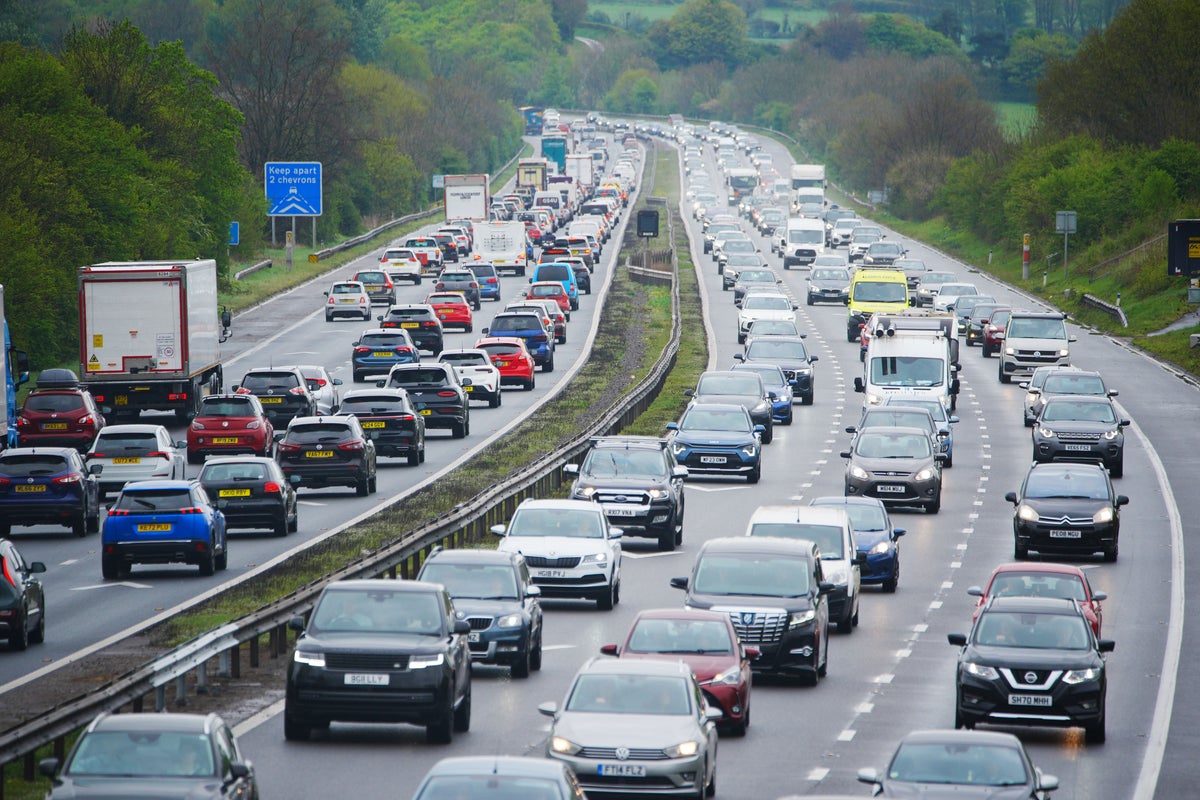From reproductive rights to climate change to Big Tech, The Independent is on the ground when the story is developing. Whether it’s investigating the financials of Elon Musk’s pro-Trump PAC or producing our latest documentary, ‘The A Word’, which shines a light on the American women fighting for reproductive rights, we know how important it is to parse out the facts from the messaging.
At such a critical moment in US history, we need reporters on the ground. Your donation allows us to keep sending journalists to speak to both sides of the story.
The Independent is trusted by Americans across the entire political spectrum. And unlike many other quality news outlets, we choose not to lock Americans out of our reporting and analysis with paywalls. We believe quality journalism should be available to everyone, paid for by those who can afford it.
Your support makes all the difference.
Read more
The average age of cars on UK roads has reached a record high of nearly 10 years, sparking environmental fears.
Motoring research charity the RAC Foundation, which conducted the research, said drivers are benefiting from the improved “build-quality” of modern cars, but this is “bad news for the environment” as it is slowing the switch to electric models.
It found the average age of cars licensed in the UK at the end of last year was nine years and 10 months.
This is up from seven years and five months at the end of 2015.
Petrol cars have the oldest average age by fuel type at 10 years and four months, following by diesels at 10 years and one month.
The average plug-in hybrid was three years and four months old while battery electric cars were typically just two years and six months old.
A total of nearly 34 million cars were licensed at the end of last year.
Of these, about two in five (40.7%) were at least 10 years old, compared with 32.7% at the end of 2015.
Steve Gooding, director of the RAC Foundation, said: “On the plus side, for motorists, the design and build-quality of modern cars means they are looking good and running reliably for far longer.
“The days of them rusting away before your eyes are well and truly behind us.
“Even a 20-year-old car with a full service history can be a good bet for someone seeking a bargain buy that still looks up to date.
“The bad news for the environment is that the overall ageing of the fleet means the replacement of fossil-fuelled cars by those with very low or zero emissions is not happening as quickly as policy-makers hoped.
“To hit the Climate Change Committee’s 2030 emission reduction targets without a cut in the number of miles driven, we believe that by the end of the decade there will need to be a 10-fold increase in the 1.3 million or so battery electric cars on the road at the close of 2024.
“That is going to require a huge push.”
